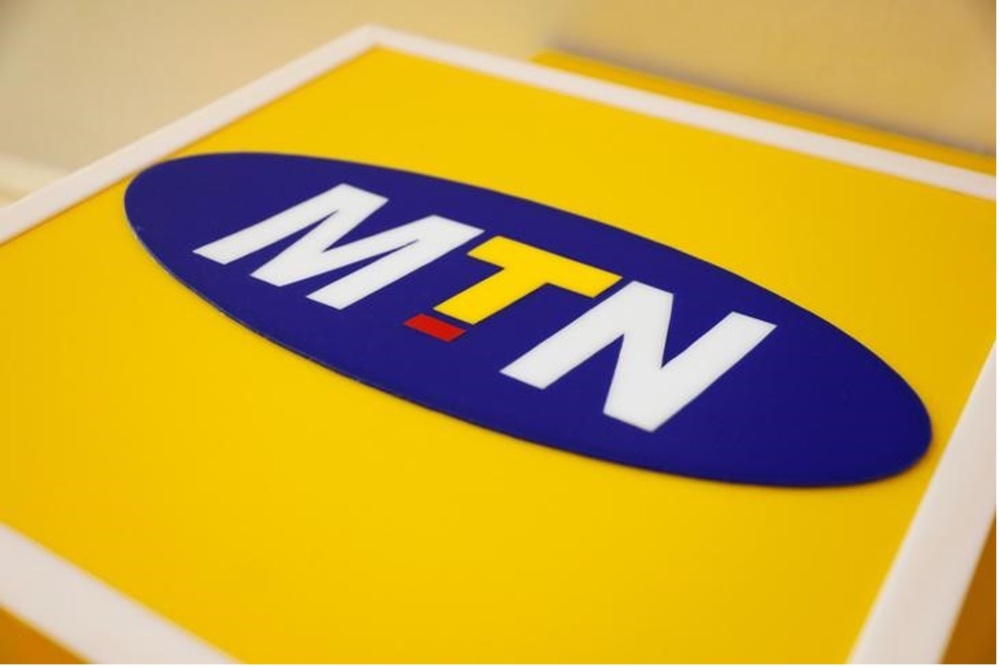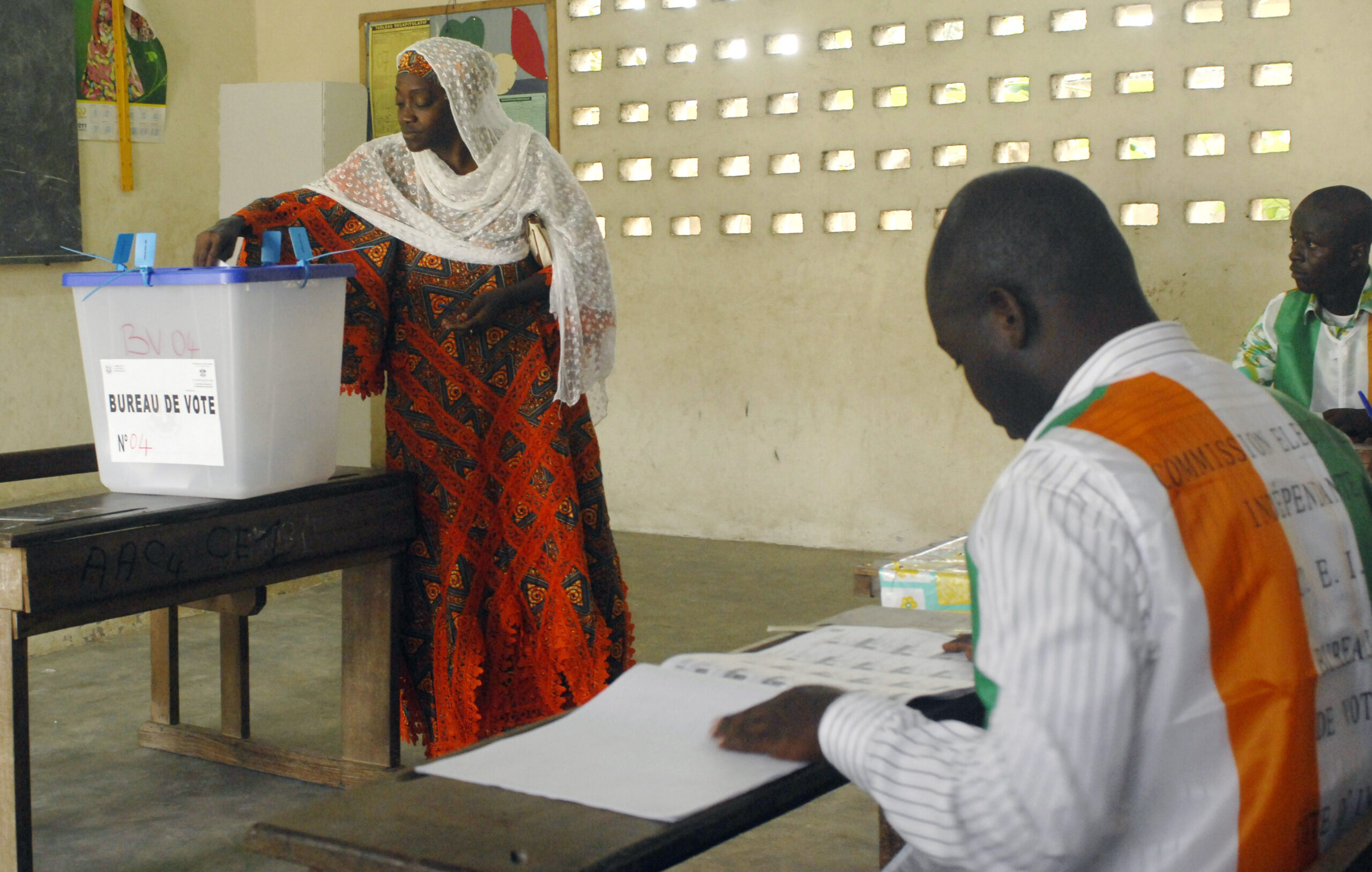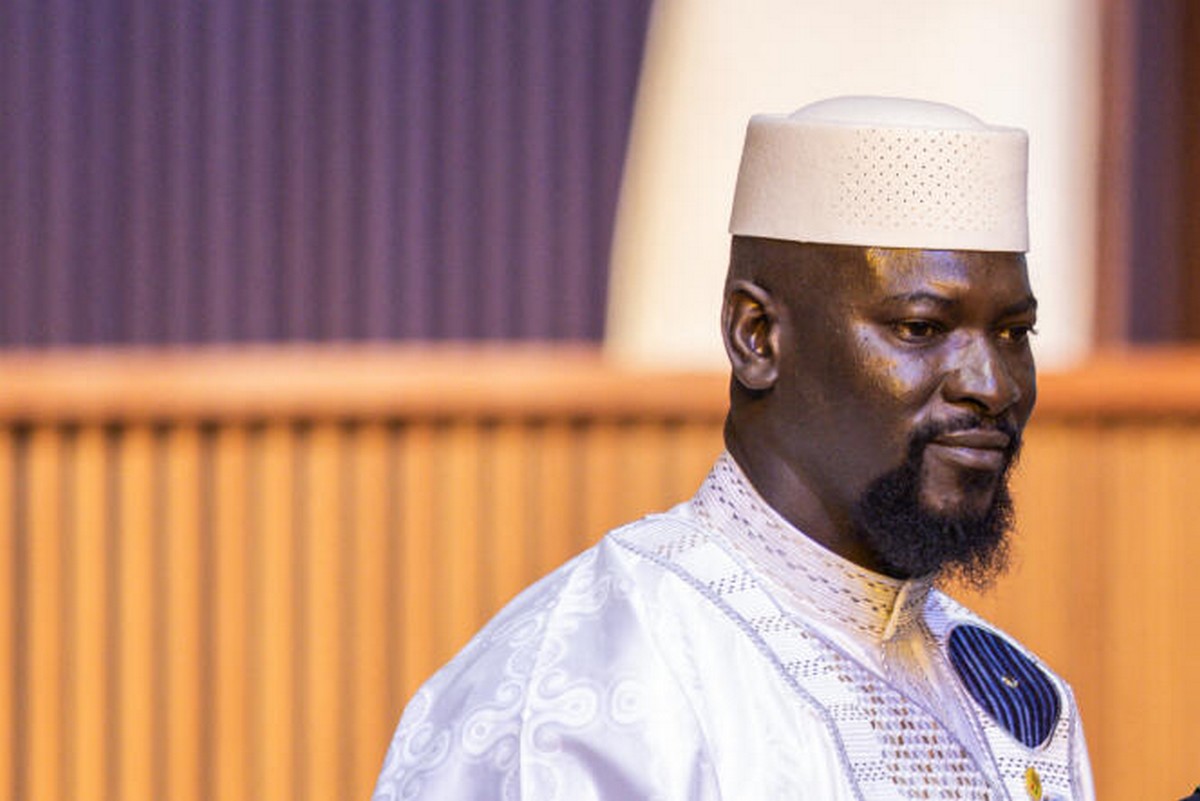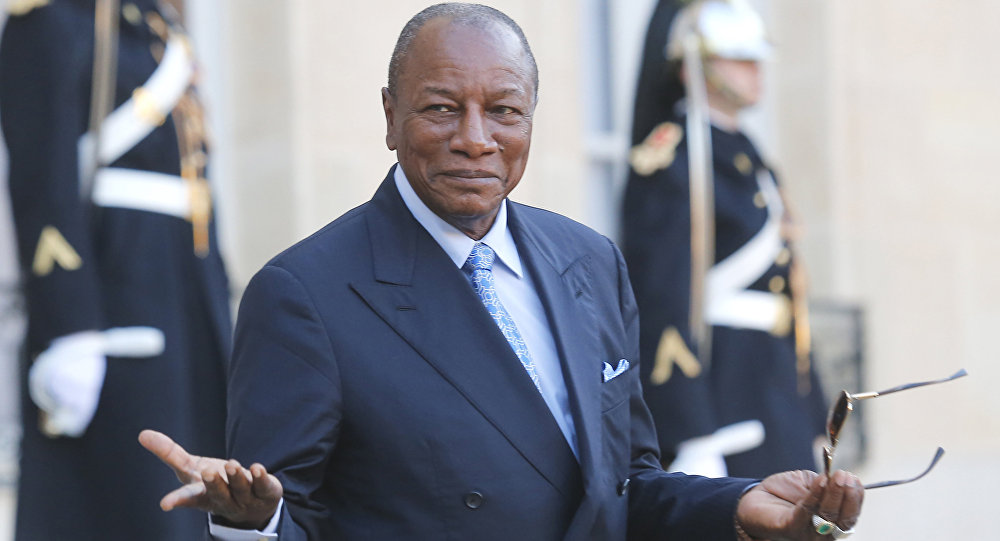The Guinean Government has taken control of the telecommunications operator Areeba Guinea, previously owned by the South African group MTN. This move asserts Guinea’s sovereignty over its telecommunications sector, but the real challenge will be revitalising an operator that has fallen behind in modernizing its infrastructure.
MTN Guinea had a 21% market share in the country, but the Government did not need to purchase the subsidiary outright; instead, it erased the operator’s debt. Stéphane Lelux, a network engineer and president of the consulting group Tactis, explained on January 23 about this file: “When an operator fails to pay for its licences and frequencies, either we revoke its licences, or it must pay the outstanding amount.” MTN had accumulated a debt exceeding $100 million, which was converted into equity for the Guinean state.
Through this de facto nationalisation of MTN Guinea, the authorities in Conakry aim to realise their ambitions of sovereignty, which have already been demonstrated in the aviation sector. The Government hopes to rebalance the telecommunications market, which has been heavily dominated by Orange Guinea, co-owned by Orange and Sonatel.
Ousmane Gaoual Diallo, the government spokesperson, said: “The president’s goal is to revitalise several key companies for the Guinean people, and Guinea Telecom is part of this plan. The aim is to consolidate the management of infrastructure under a state-owned entity to establish a common technological foundation and create a mobile operator that will help redistribute market share, where one operator currently controls over 80%”.
A potential merger between Guinea Telecom and MTN could be on the cards, but it will require significant investment to catch up on infrastructure. “Currently, MTN owns fewer than 1,000 towers, of which less than 800 are operational. Orange, by contrast, has 2,700,” noted Stéphane Lelux. “To establish a nationally competitive operator against Orange, the only viable option is to invest in at least 1,000 to 1,500 new towers. Additionally, there will need to be investment in a new generation network, shifting from 4G to 5G. We’re talking a minimum of $100 million.” According to Lelux, there are two options for funding: partnering with a new sector player such as Maroc Telecom, Axian, or Airtel, although this would likely require them to hold a majority stake in Guinea Telecom, something the authorities in Conakry are keen to avoid; or working with a financial partner and a technical partner on a service contract, a long-term solution used by SBIN in Benin.



